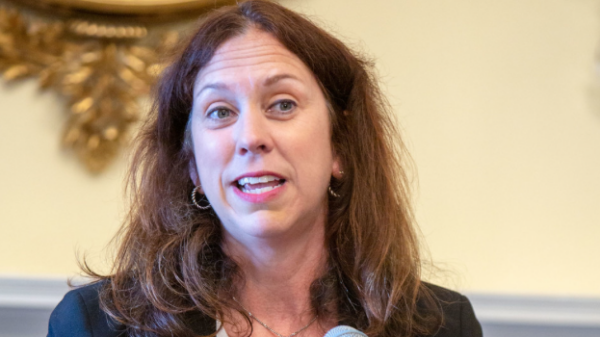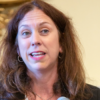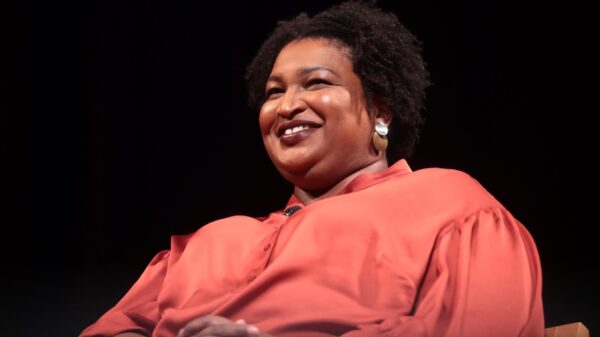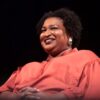By Jade McSwain, Contributing Writer
Posted 12:40 PM EST, Sat., Nov. 12, 2016
Writer’s Note: This is the first half of a two-part article detailing the beginning and end feelings of my study abroad experience in Seoul, South Korea last Spring.
Being Black in Seoul, Korea is completely different than I thought it would be. As soon as I entered Airport, I was immediately aware of the stares. However, since I was born and raised in the DMV and completely used to Howard’s campus (in the city formerly known as “Chocolate City”, and now “Latte City”) I was used to being stared at by catcallers on the street.
I unconsciously began treating my audience in Seoul the same way, and have had a much easier time since. Howard is such a Black space, though I must mention it is surprisingly unheard of abroad even after I mention the famous Drake 2012 homecoming. Coming from Howard to my host university here in Seoul, Ewha Womans University, has forced me to make adjustments.
I have come to know various people from several countries who don’t feel the Black struggle on a daily basis. I could not find empathy in my fellow Black students from Germany or another country with a completely different cultural understanding. It made me doubt that depth and truth in that collective Black experience is supposed to unite us all as in Pan-Africanism. However, if Howard taught me anything, it told me to distrust society’s norm and to find my own truth. I know anti-Blackness runs rampant in its subtle, weakening methods of breaking down the psyche of Black people. So I still discussed race relations with my abroad friends, though we do not all face the same oppression.
I did not feel this oppression when a Korean boy, dressed like he came out of a Chris Brown video, politely asks to touch my hair that one of his friends has surely tried to emulate with a perm. I did, however, when I just want to eat one meal in peace and the stares start to chip at me from the outside in. It was the subtle things of being Black in Seoul that were equally amazing and exhausting. While I stood out in clubs and events, I also could never fit in, even in a Hip-Hop club where I shared a hairstyle with about 20 Koreans. My skin was dark in a country that has idolized white skin for centuries. I could not be ‘normal’ here, even amongst ‘waegukin’ people, or foreigners. And that is okay: Howard taught me my worth. Howard has taught me to love myself, to love my Blackness, and to love yours. It makes me love that our hair, adored by many in Seoul, and enabled me to withstand the constant stares with pride.
I bent under the pressure of fear of spaces not Black centered, but did not break. I flourished abroad because Howard taught me my skin is beautiful here and everywhere. I see ourselves and our beauty in everything; I used it to anchor myself in that foreign land. My people, my people, I write this to tell you do not refrain from travel because you are afraid. Travel, if you can. Do not turn down the opportunity in fear, because you never know what you may find abroad. You will see global iterations of Blackness that are beautiful and life-changing. You can find yourself anew in foreign lands.









